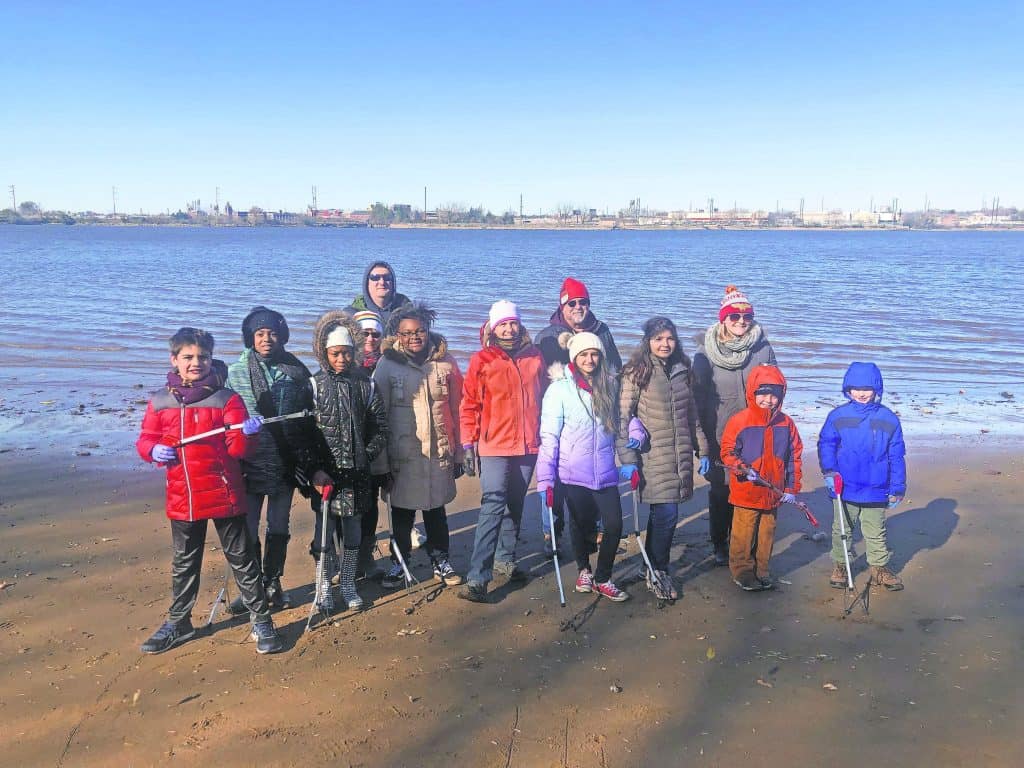

After participating in a month-long Virtual Canoe Challenge sponsored by The Delaware Riverkeeper Network, the Westfield Friends School’s sixth grade earned first place for its age and division.
Each week, the students were given new questions about the river. For every correct answer, the team’s canoe would earn miles. Students were able to gain a maximum of 330 miles, the length of the Delaware River; Westfield Friends came in first place with a total of 283 miles.
According to Molly Cope, the technology coordinator and the sixth-grade math and science teacher at Friends, the project coincided with the first term in science curriculum. The students were able to dive deeper into the knowledge of the earth’s ocean.
“What we look at for the first term in sixth grade is Earth’s water,” said Cope. “The students are also doing a project through National Geographic about finding a solution for ocean plastic. But this project worked really well because the Delaware River is our watershed.
“The reason why a lot of plastic ends up in the ocean is because it ends up in a watershed,” Cope added.”It was great that they can learn the back story of why there’s so much plastic in the ocean. It worked out really well.”
While both the National Geographic project and the Delaware River race presented opportunities to learn about water from both angles, the research didn’t stop there. The students researched questions such as: What is a watershed? How many states does the Delaware River flow through? What terms are used to describe the three geographic regions of the Delaware River watershed?
The students also participated in several extra-credit events that gave them additional miles during their race.The sixth-graders designed boats, researched towns along the river, made a video about the Delaware River and did a water experiment comparing the smell and taste of tap water to the water fountain in the school. Several students also attended a river clean-up at the Palmyra Nature Cove.
“It was really fun,” Cope noted. “We had great discussions about the questions they had. They were very into it. It was great that they could participate first hand in cleaning up the river too after learning about the watershed.”









